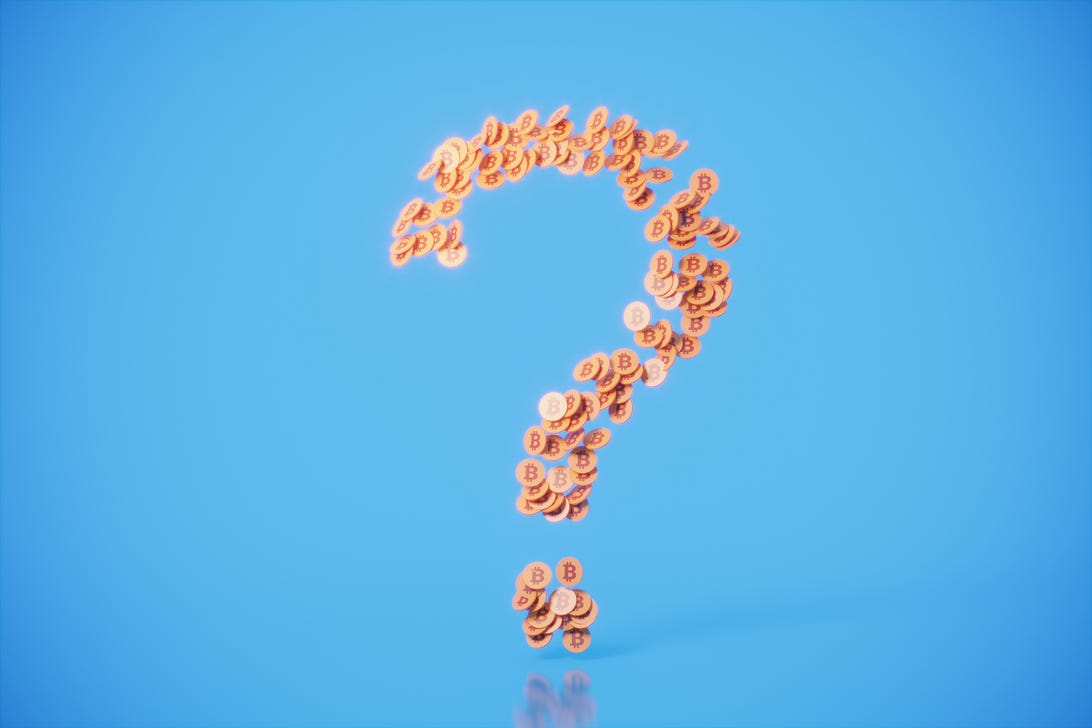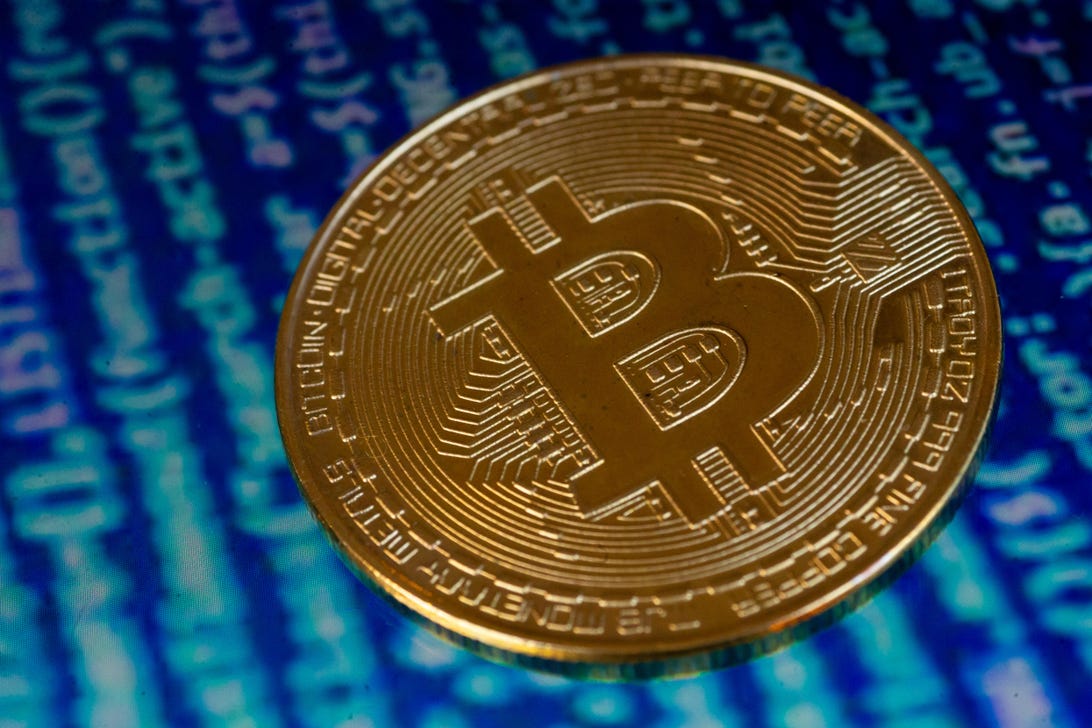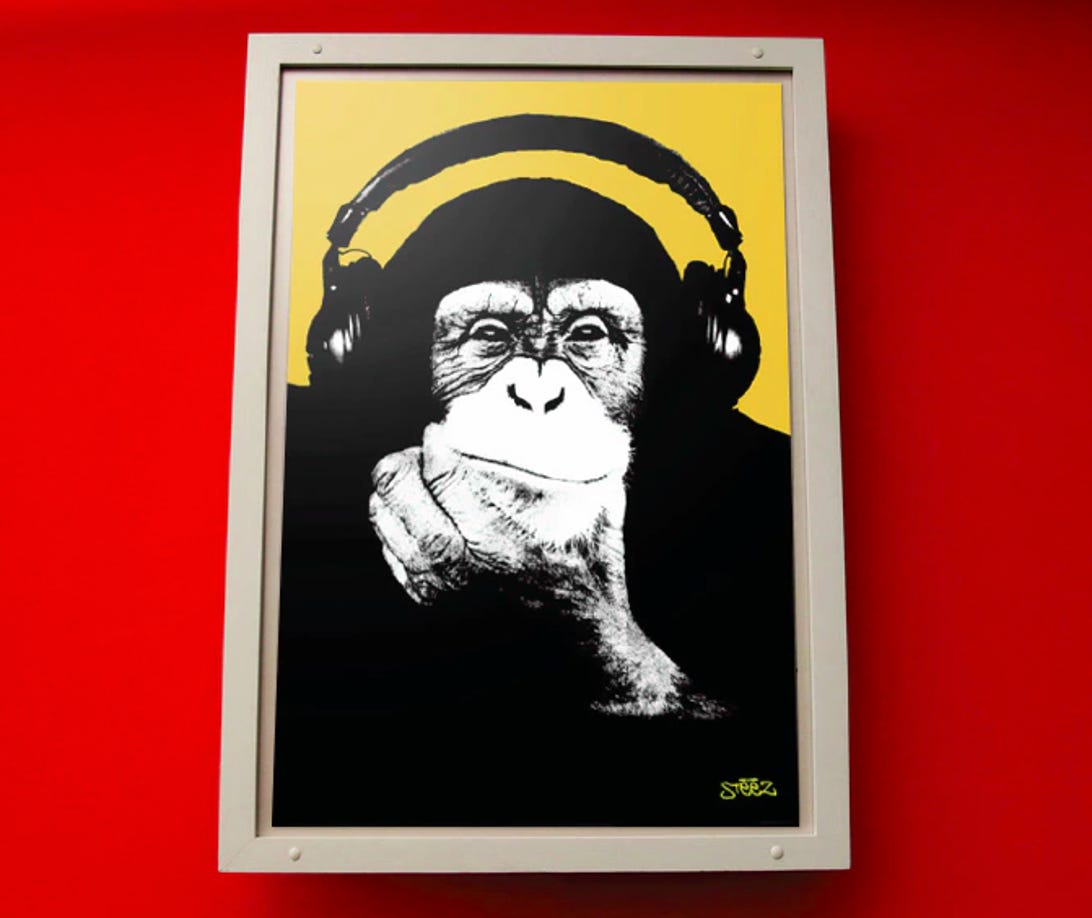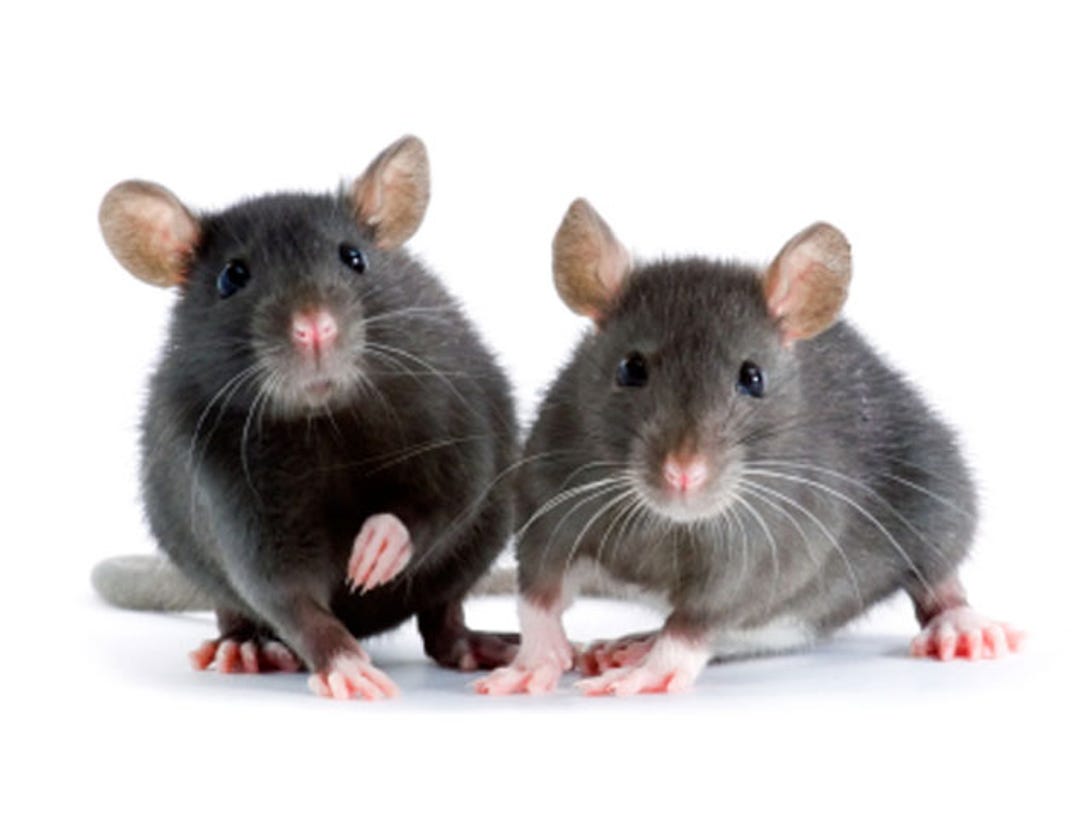
What happened this week in the crypto world.
GettyHello again, and welcome to CNET’s second edition of Nonfungible Tidbits, where we round up a few of the most interesting happenings this week in cryptocurrency, NFTs and related realms.
Other than Bitcoin slowly making its way above $40,000 for the first time since November, the biggest story this week was the $324 million hack on crypto platform Wormhole, which the company confirmed on Wednesday. In an interesting turn of events, a company called Jump Crypto stepped in the next day and paid the money back to Wormhole — but no word from the hackers yet. In other news, GameStop announced a partnership with a blockchain startup on Thursday and confirmed plans to create an NFT marketplace. Here are a few other stories that caught our eyes this week.
‘Trust yourself, not celebs,’ says NBA player Jimmy Butler in Binance’s new ad campaign


The world’s largest cryptocurrency exchange has partnered with NBA player Jimmy Butler for a new ad campaign with a deceptively simple message: “Trust yourself, not celebs.” Binance’s campaign is somewhat ironic — Jimmy Butler is a five-time NBA All-Star — and it comes as celebrity influencers are increasingly under fire for promoting cryptocurrency and NFTs to their audiences. A lawsuit alleging a pump-and-dump scheme was recently filed against Kim Kardashian, Floyd Mayweather Jr. and others by a group who bought a cryptocurrency promoted by the celebrities.
Nevertheless, celebrity and cryptocurrency remain intermingled. Crypto.com and FTX, two major cryptocurrency exchanges that compete with Binance, have both bought ad time on this year’s Super Bowl, which is less than two weeks away. Crypto.com recently released an ad campaign featuring Matt Damon.
Picasso’s estate isn’t OK with NFTs of his art


A couple of weeks ago, Pablo Picasso’s granddaughter, Marina Picasso, and her son, Florian Picasso, showcased a ceramic bowl they said was an art piece created by Pablo Picasso. The mother and son told Associated Press they planned to make NFTs to sell online. However, a lawyer representing the Picasso Administration, which is run by three children and two grandchildren of Picasso and manages the late painter’s estate and IP, clarified that no authorized Picasso NFTs are on the way. The business manager for Marina Picasso and Florian Picasso then noted that the NFTs going on sale are based on the work of Florian — not Pablo — Picasso. So if you find an NFT of Guernica online, feel free to save the JPEG — but don’t buy it.
Anonymous internet group wants to do mad scientist stuff with mice


BitMouseDAO is an online group that is raising money for an extremely 2022 project: Integrating the code of a bitcoin into the DNA of a mouse. Let’s back up a moment. DAO is an acronym for “decentralized autonomous organization,” essentially a crypto-savvy collective of people online that uses digital tokens to vote on what they do as a group. A spokesperson for BitMouseDAO, who declined to identify themself, told Motherboard that “BitMouseDAO is an art project that connects the crypto world with the art world as well as the biological realm through the bold idea of putting bitcoin in [a] mouse.”
The group appears to have nine investors and a few thousand dollars in ether in funding. BitMouseDAO says its art project is inspired by the work of Eduardo Kac, an artist who combined the DNA of a bunny and a jellyfish to create a fluorescent rabbit that glowed green back in 2000. Perhaps to avoid confusion, the BitMouseDAO spokesperson told Motherboard, “We explore consensus on the value of crypto and our vision for the future of technology. We don’t make a biochemical monster.”
That’s it for this week’s tidbits. Thanks for reading. If you’re so inclined, here’s last week’s edition of Nonfungible Tidbits. We’ll be back with plenty more to talk about next week. In the meantime, check out this story on quantum computing and cryptocurrency by CNET’s Stephen Shankland. See ya soon.
